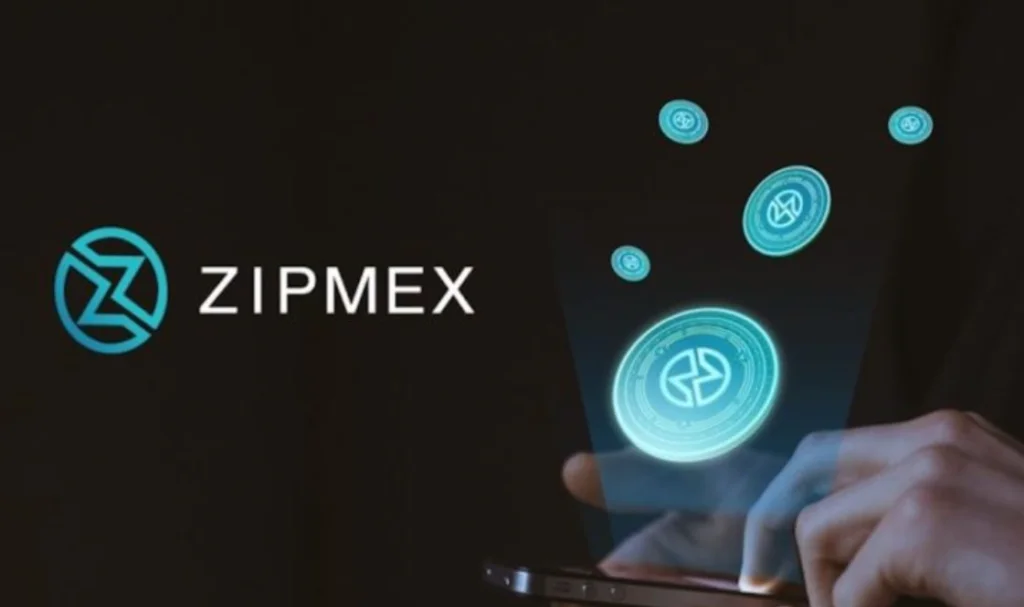The Finance Ministry of Thailand received a recommendation from the Securities and Exchange Commission (SEC) to revoke the digital asset license of cryptocurrency exchange Zipmex.

At a meeting on February 21, the SEC also decided that the February 1-imposed business suspension of Zipmex would remain in effect and that clients would have until March 11 to request the return of their assets on the exchange. After that date, Zipmex must report to the SEC and place unclaimed holdings in a “trusted and secured system.” The agency observed:
“Even after the effective revocation of its license, Zipmex retains its status as a limited company with corresponding rights, responsibilities and liabilities, including the possibility of being subject to legal action.”
The SEC deemed Zipmex’s failure to meet a deadline to increase its net capital and better its personnel and management structure “inappropriate and insufficient.” This action is in response to the company’s failure to do so.
The SEC granted On Ge Zipmex a 15-day grace period before February 1. At that time, it was mandated to cease all commercial operations, and on February 8, the SEC announced anti-corruption charges against former Zipmex CEO Akalarp Yimwilai.
The problems with the exchange began in 2022. Concerned about its exposure to the insolvent crypto lenders Babel and Celsius, it halted withdrawals for several weeks starting on July 20 of that year. Following a three-day restoration of access to Trade Wallets, Zipmex maintained the blocking status of its Z Wallets for the subsequent year.
In 2022, Coinbase attempted to acquire Zipmex without success. In August, the exchange did not rank Coinbase among its top three investors even though it ultimately made an unspecified-sized “strategic investment.”
Zipmex initiated the debt relief process in Singapore on July 27, 2022. The SEC advised police action against Zipmex in September 2022 for neglecting to disclose information per the Digital Assets Act of the country.
The SEC increased its scrutiny in preparation for its acquisition by Thai investors V Ventures the following January. This agreement also failed to materialize.
In January 2020, the SEC issued Plugmex a license. Thailand, Indonesia, Singapore, and Australia are all operational currencies of the exchange.
